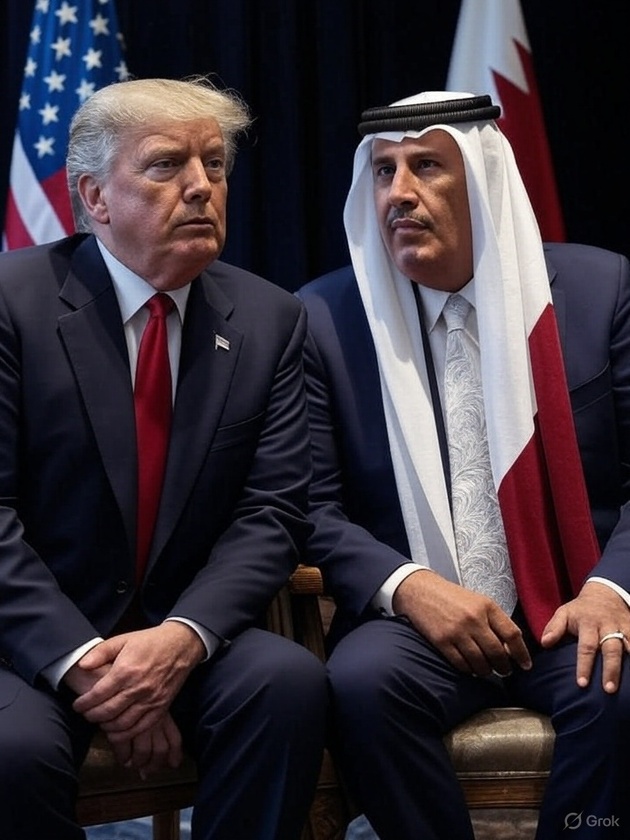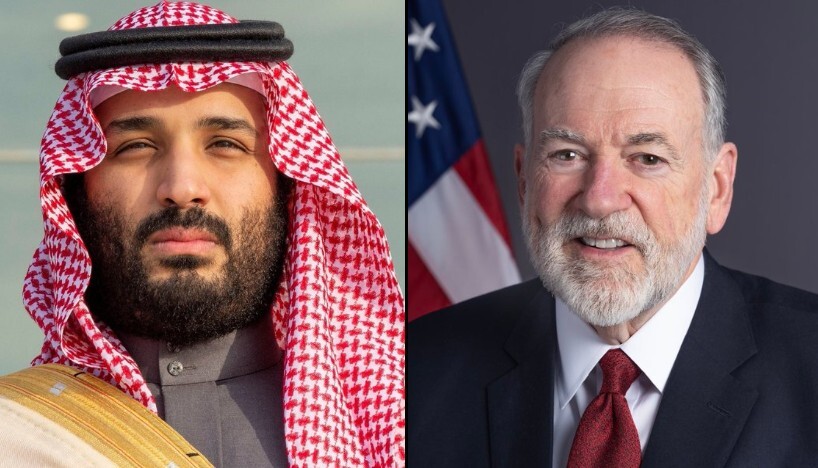President Donald Trump signed an executive order on Monday, pledging to defend Qatar against any external attack, including through military action, in a move likened to NATO's Article 5. The order, published on Wednesday, October 1, was a direct response to an Israeli airstrike on September 9, that targeted Hamas leaders in Doha, killing six people, including a Qatari security officer.
The order states that any armed attack on Qatar's territory, sovereignty, or critical infrastructure will be regarded as a threat to the peace and security of the United States, and the U.S. will take all lawful and appropriate measures—including diplomatic, economic, and, if necessary, military action—to defend both nations and restore stability.
“Over the years, the United States and the State of Qatar have been bound together by close cooperation, shared interests, and the close relationship between our armed forces,” reads the order. “In recognition of this history, and in light of the continuing threats to the State of Qatar posed by foreign aggression, it is the policy of the United States to guarantee the security and territorial integrity of the State of Qatar against external attack.
“The United States shall regard any armed attack on the territory, sovereignty, or critical infrastructure of the State of Qatar as a threat to the peace and security of the United States.”
The order states that "In the event of such an attack, the United States shall take all lawful and appropriate measures — including diplomatic, economic, and, if necessary, military — to defend the interests of the United States and of the state of Qatar and to restore peace and stability."
The order is unprecedented in its scope for a non-NATO ally, with its legal weight being less binding than a formal treaty, as such agreements typically require Senate approval. The U.S. designated Qatar as a Major Non-NATO Ally in 2022, recognizing its crucial support during the U.S. withdrawal from Afghanistan.
Qatar hosts the largest U.S. military base in the Middle East, Al Udeid Air Base, which serves as the forward headquarters for U.S. Central Command.
The Israeli strike on Doha, which occurred as Hamas leaders were reportedly considering a ceasefire, shocked Qatari officials and raised serious questions about the strength of U.S. security guarantees for its Gulf allies.
The strike has prompted regional shifts, with Saudi Arabia reportedly entering a mutual defense agreement with Pakistan, bringing the kingdom under Islamabad’s nuclear umbrella.
In response, President Trump, during a visit to Washington by Israeli Prime Minister Benjamin Netanyahu, orchestrated a trilateral phone call where Netanyahu expressed "deep regret" for the attack, apologized for violating Qatari sovereignty, and affirmed that Israel would not conduct such an attack again.
The executive order is seen as a significant strategic shift, providing Qatar with a unique security guarantee that no other Arab nation has received The move is also viewed as a political victory for Qatar, which leveraged the crisis to isolate Israel and secure a major diplomatic breakthrough.















